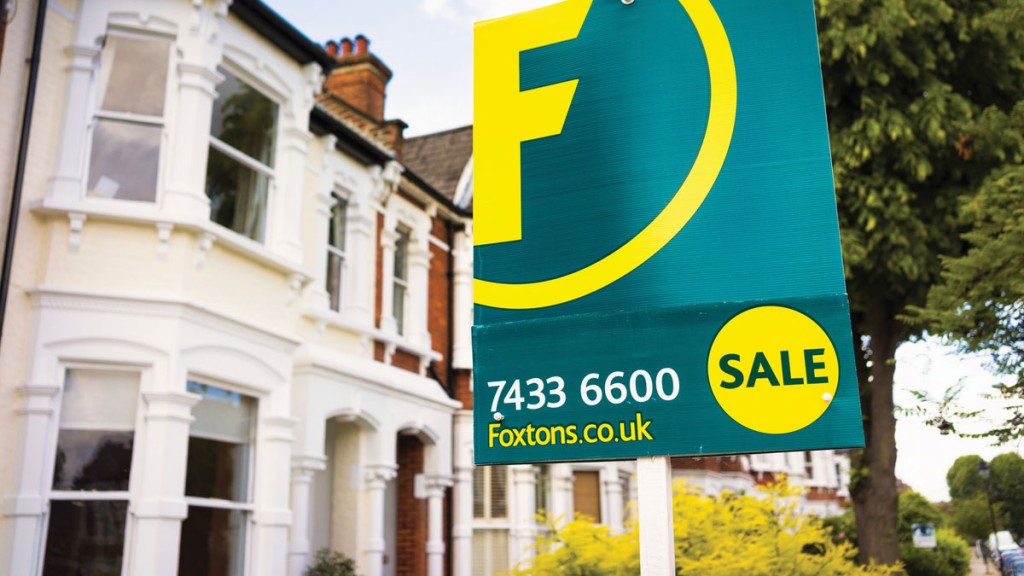
The government must lift its target for house building by 50% and build 300,000 houses each year to tackle the UK’s housing shortage, according to a report by the House of Lords Economic Affairs Committee. Achieving this will require major changes to housing policy, since the government’s reliance on private developers to meet targets is misguided. “The private-sector housebuilding market is oligopolistic… [and the builders’] business model is to restrict the volume of housebuilding to maximise their profit margin,” the committee said.
The government must address the large gap between the number of planning permission applications granted and the number of houses ultimately built. To “penalise hoarders of permissioned land”, local authorities “should be granted the power to levy council tax on developments that are not completed within a set time period”. The committee also suggested that local authorities and housing associations must be freed to build more houses for rent and for sale.
Frequent changes to government policies were also criticised for worsening an “already dysfunctional” market. “Frequent changes to tax rules and subsidies for house purchases, reductions in social rents, and the extension of the Right to Buy… reduce the supply of homes for those who need low-cost rental accommodation,” the committee concluded.
l Estate agents are expecting tougher times ahead. LSL Property Services, one of the UK’s largest estate-agency chains, said that full-year profit will be “significantly lower than previously anticipated”. It blames the poor market conditions on consumer uncertainty brought on by Brexit, though it says that low mortgage rates and ready availability of loans remain positive for the UK housing market. Foxtons, the London-based estate agency, also recently issued a profit warning. Its shares are down 11% since the EU referendum.
Firms such as Foxtons and LSL tend to be “leading indicators of the health of the housing market”, say Lauren Fedor and Judith Evans in the Financial Times, “given that a slowdown in activity shows up immediately in their results”.
In fact, the Royal Institution of Chartered Surveyors reported that inquiries from new buyers had fallen in June for the third consecutive month; this is the lowest reading since mid-2008. Analysts at investment bank Jefferies said these recent findings make “unhappier” reading for estate agents than house builders, given existing house transactions are “much more volatile or sensitive to sentiment” than sales of new-build properties.
• Still, even if UK buyers are becoming more nervous, the vote to leave the European Union doesn’t seem to be curbing foreign buyers’ interest in UK property, judging by trends on Juwai.com, China’s largest international property website. The number of inquiries about UK property was 40% higher than average in the month since Britain voted to leave the EU, according to the site.
Chinese interest in the UK property market had waned in the six months prior to the Brexit vote, partly because of a slowdown in the Chinese economy in the first quarter of the year. This was also compounded in the months leading up to the referendum, as Chinese investors held back on completing transactions until it was clear how the markets would react to the results of the vote.
However, the fall in sterling that followed is creating opportunities for foreign investors to buy into UK property more cheaply (in terms of their own currencies), which seems to be outweighing uncertainties about the outlook for the UK economy. “With politics stabilising and a competent new government in place, the UK looks like the same old safe haven as ever – but cheaper,” says Bernie Morris of Juwai.com.